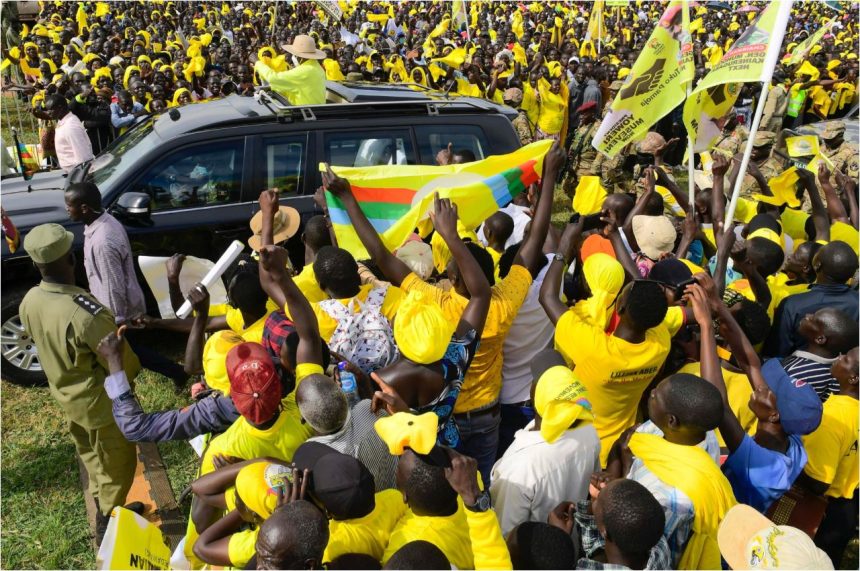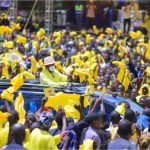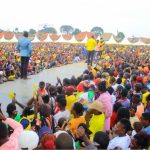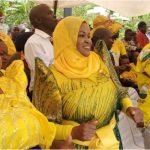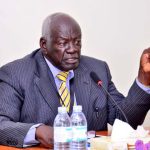Published on 24/10/2025
President Yoweri Kaguta Museveni has cautioned road engineers and contractors against doing shoddy work, urging them to change their ways and embrace quality workmanship in government infrastructure projects.
The President made the call while addressing a large crowd at the Peace Grounds in Kitgum Municipality, Acholi sub-region, on Thursday during his countrywide tour as the NRM presidential flagbearer to popularise the Party manifesto and mobilise citizens around its pillars of peace, development, wealth creation, and education.

Read Also
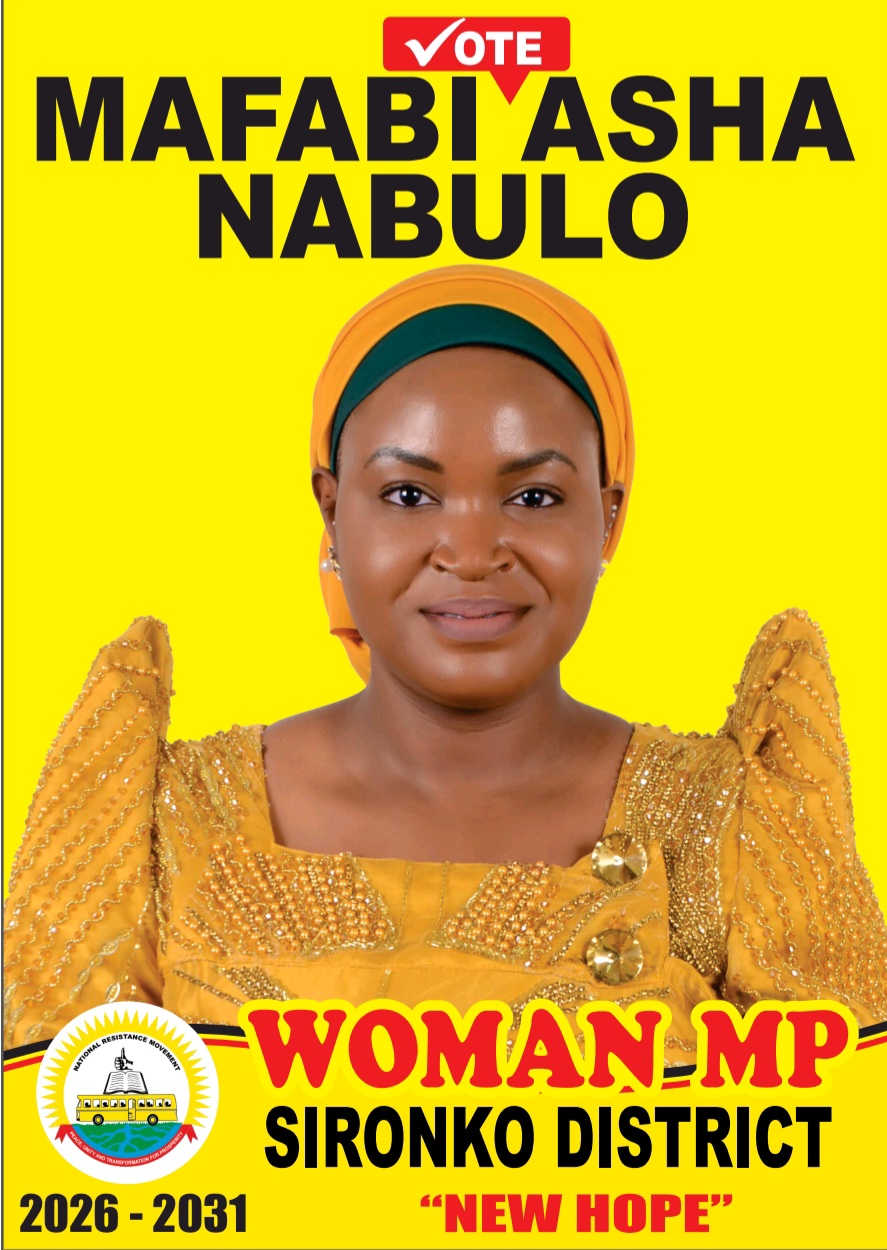
Pader: Museveni Tells Leaders To Prioritize Core Infrastructure To Drive National Development – National News Express https://nationalnewsexpress.com
Museveni said it was unacceptable for engineers to grade roads without providing proper drainage channels, noting that such negligence causes rapid deterioration of road surfaces and wastes public resources.
“I drove on the Puranga–Acholibur road today and saw very poor work. They just graded without putting in drainage channels, and now it looks like a swimming pool when it rains,” he said. “What sort of people are these? Those engineers must change their ways.”
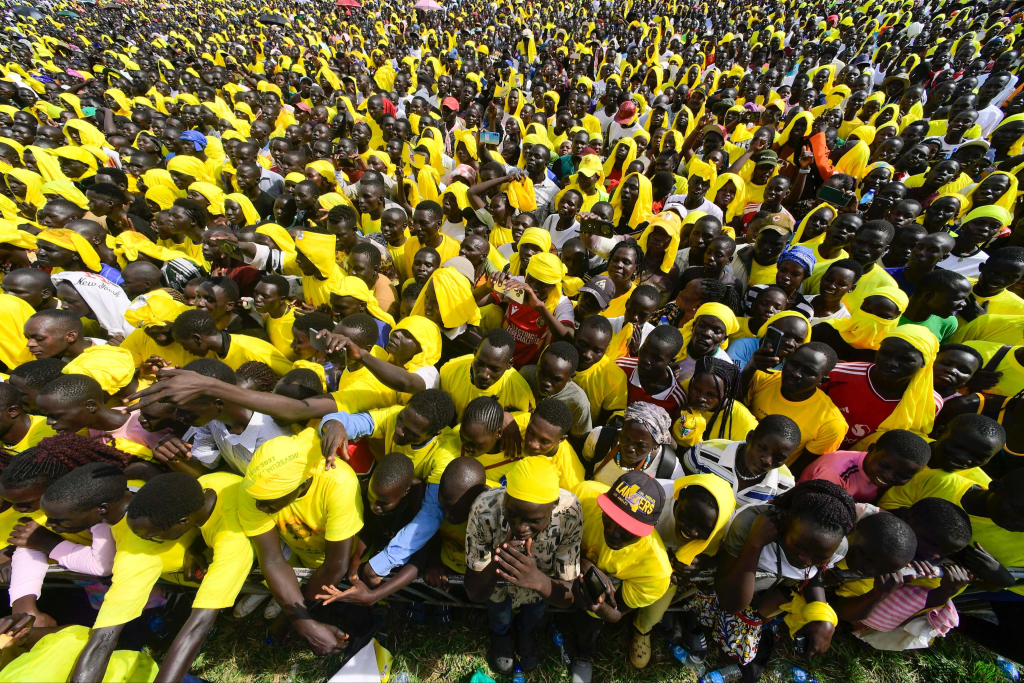
He explained that while government has made major investments in infrastructure such as roads, electricity, and water, poor workmanship undermines those efforts. Contractors and district engineers who fail to meet expected standards, he said, should be held accountable.
“Touching too many things at the same time and doing them carelessly does not help our people. We must prioritise and ensure that whatever we do, we do it well,” he emphasized.
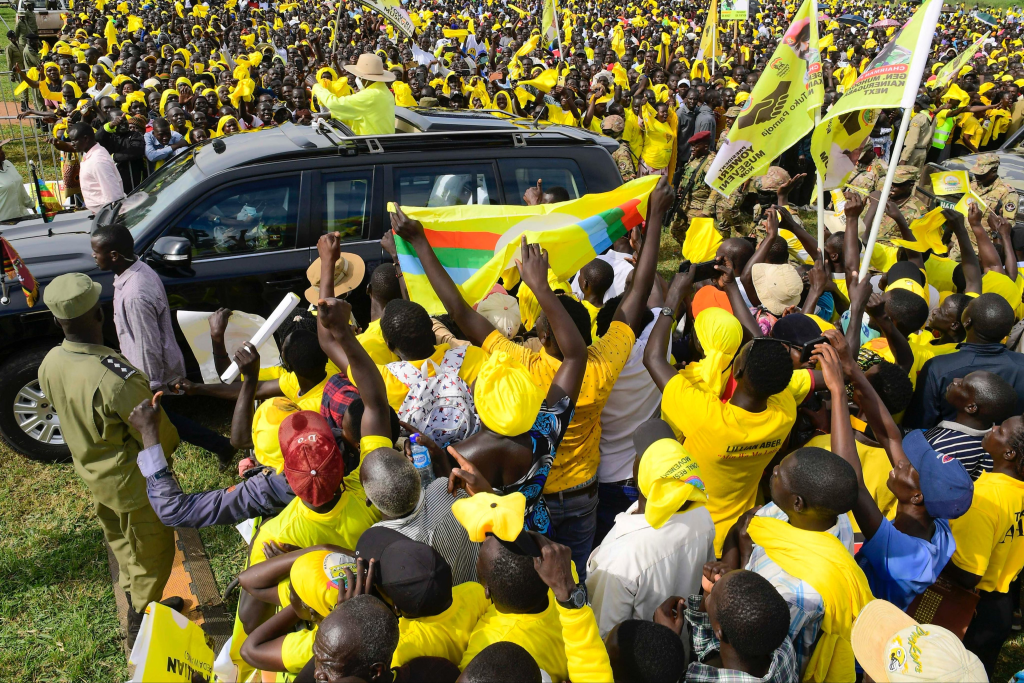
Museveni commended Kitgum and the greater Acholi sub-region for the progress registered in peace and development, attributing it to the NRM’s long-standing rejection of sectarian politics.
“The NRM has brought peace. It is not easy to create peace in a pre-industrial country because people are often confused about which is more important—tribe or national interest,” he said.
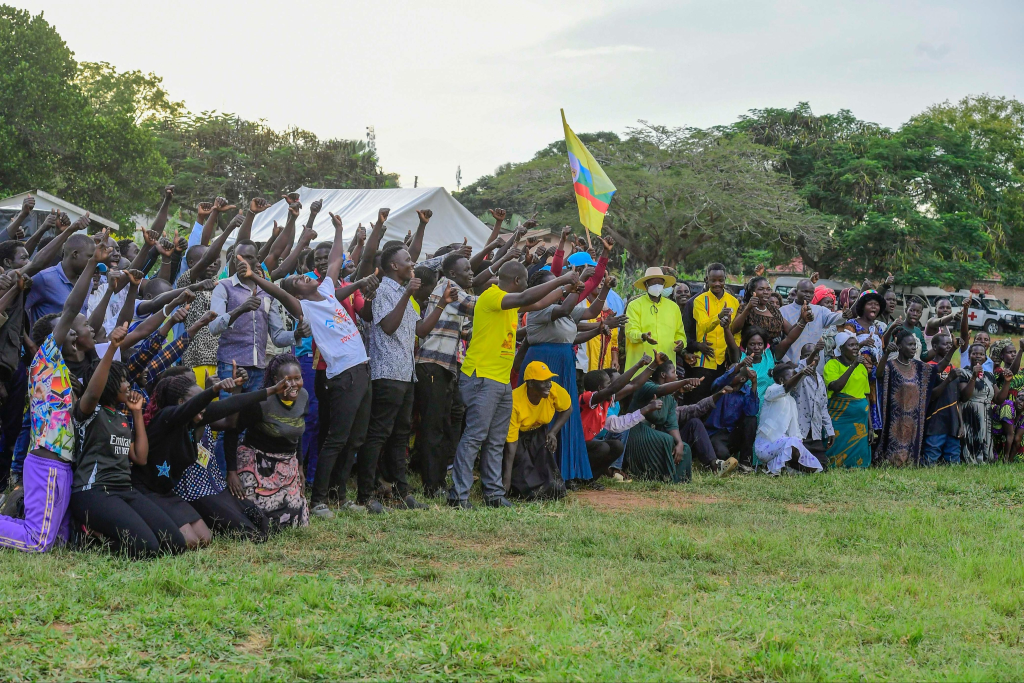
“The NRM refused to embrace sectarian politics. We said we don’t care about your tribe or religion; what matters is whether you know what to do. That is how we built a strong army and a united country.”
He said after peace, the second priority for the NRM government has been development, particularly through investment in economic and social infrastructure.
The President pointed to major projects in Northern Uganda such as the tarmac road from Olwiyo–Anaka–Kitgum, the electricity extension from Lira through Lamwo up to the South Sudan border, and the railway line from Tororo–Lira–Gulu–Pakwach as evidence of Uganda’s transformation.
Highlighting achievements in the water sector, Museveni said that out of 686 rural villages in Kitgum District, 572 now have access to safe water, representing 83 percent coverage. He assured residents that government will continue efforts to ensure all remaining villages are connected.
On education, he urged district leaders to follow the national policy of one government primary school per parish, expressing concern that some parishes still lack schools despite Kitgum having 88 government primary schools and 8 secondary schools.
“Who allows this kind of imbalance?” he asked. “The policy is deliberate—to ensure every child has access to education. In the next government plan, we shall construct more schools to close that gap.”
Museveni said that where bureaucratic resistance had slowed the implementation of free education, he personally intervened by establishing State House skilling hubs to train youth in practical trades such as carpentry, tailoring, and metal fabrication.
“Because I faced opposition in implementing free education, I used my power through the State House to build skilling hubs where no one could resist my idea. Those children who had lost hope are now producing things like hospital beds, shoes, and other products that were being imported from China,” he said.
Turning to wealth creation, the President reminded residents not to confuse government-led development with individual prosperity. “Don’t mix development with wealth,” he cautioned. “Development is good, but wealth and poverty are mine alone.
The message of wealth creation is for everyone.” He reaffirmed government’s commitment to reviving the livestock restocking programme in Northern Uganda to boost household incomes and repair livelihoods disrupted by past conflicts.
“We had started restocking but faced some legal issues. We paid Shs.159 billion and held meetings with leaders and elders. I proposed giving five cows per homestead in all regions, and the idea was adopted. Acholi leaders also asked that war claimants be compensated because the war lasted longer here, and we shall look into that,” he said.

